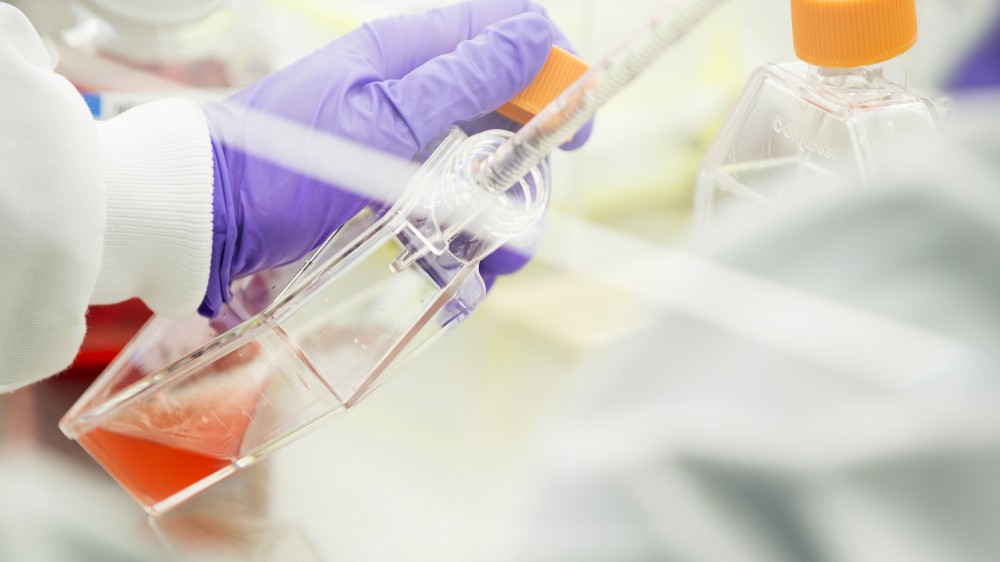Accelerating the adoption of non-animal derived antibodies

We are pleased to announce a new programme of work to support the wider adoption of non-animal derived antibodies to realise the scientific and animal welfare impacts of these mature research tools and technologies.
In the recently published NC3Rs strategy we outlined plans to address the barriers to the use of non-animal derived antibodies for research purposes.
The use of animals for producing monoclonal and polyclonal antibodies has raised concerns for many years. For example, in 1999 a ban was introduced in the UK on the production of monoclonal antibodies by the ascitic method, other than in exceptional cases. More recently in 2020, ECVAM published a report that stated that animals should no longer be used for the development and production of antibodies for research, regulatory, diagnostic and therapeutic applications because of the utility of the available alternatives. The response to the report from the scientific community was mixed both in the UK and EU.
Technologies are available that avoid the use of animal-derived products. These include the use of in vitro recombinant libraries for the development of animal-free antibodies and synthetically-derived nucleic acids to produce affinity reagents such as aptamers and affimers. These approaches use known amino or nucleic acid sequences which means that unlimited identical batches of a non-animal derived antibody or affinity reagent can be generated on demand – something not currently possible with traditional in vivo approaches. The technologies have high sensitivity and specificity against their target and can be applied to a wider range of targets and bench applications not always possible with traditionally derived antibodies. However, despite the advantages offered by non-animal derived antibodies and affinity reagents, their use by the research community is not common place. There are various reasons for this including:
- Limited awareness of the availability and use of the alternatives to animal-derived antibodies.
- A lack of familiarity with the protocols for developing and using non-animal derived antibodies and affinity reagents, including misconceptions about their quality, reliability and validity.
- Supply issues as not all antibodies are available in recombinant form and relatively few affinity reagents are readily available off-the-shelf. This necessitates their custom generation for which the initial time and cost required can limit uptake.
A community approach to support adoption
There is a gap between what is happening on the ground and the recommendations in the ECVAM report. We will focus on bridging this and accelerating the use of non-animal derived antibodies and affinity reagents, focusing on use for research purposes only. We have already held discussions with antibody manufacturers, suppliers, end-users and research funders to set the foundations for our work – it is clear from these that there are commercial (supply and demand), scientific, practical (lack of experience and cost) and cultural (reluctance to change) factors to tackle. As a next step we will be hosting a workshop early in 2023 to explore how these factors can be addressed and importantly where the NC3Rs can best place its resources to support the community in a shift to non-animal alternatives.
